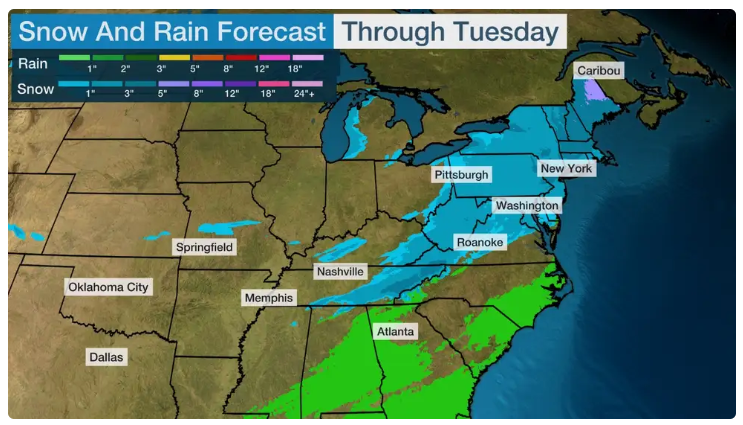Winter in New England can be unforgiving, with icy roads, heavy snowfall, and freezing temperatures making truck driving a challenging endeavor. As professional truckers gear up to face the harsh winter conditions, it’s crucial to prioritize safety on the roads. In this blog, we’ll explore essential safe truck driving tips tailored to the unique challenges posed by winter in New England.
- Winter Maintenance Checklist: Before hitting the road, ensure that your truck is winter-ready. Perform a thorough inspection, checking the tires, brakes, lights, and heating system. Carry essential supplies like antifreeze, windshield washer fluid, and a snowbrush to keep your vehicle in top condition.
- Weather Monitoring: Stay ahead of the weather by monitoring forecasts regularly. New England winters can bring sudden storms, so plan your routes accordingly. If adverse conditions are predicted, consider delaying your trip or finding an alternate route to avoid the worst of the weather.
- Slow Down and Increase Following Distance: Icy roads demand a reduction in speed. Slow down to maintain better control of your truck and increase the following distance between vehicles. This provides ample time to react to sudden stops or obstacles on slippery roads.
- Use Chains and Snow Tires: In extreme winter conditions, consider using tire chains or snow tires to enhance traction. These specialized tires provide better grip on icy surfaces, reducing the risk of skidding or sliding.
- Proper Braking Techniques: Practice gentle and gradual braking to avoid skidding. If your truck is equipped with an anti-lock braking system (ABS), trust it to do its job. Avoid sudden maneuvers and use engine braking when possible to reduce reliance on your truck’s brakes.
- Clear Visibility: Ensure optimal visibility by clearing all snow and ice from your truck’s windows, mirrors, and lights. Use your defroster and windshield wipers to maintain a clear view of the road ahead.
- Stay Informed on Road Conditions: Stay connected to local traffic and road condition updates. Radio broadcasts and GPS systems can provide real-time information on accidents, road closures, and detours, helping you plan your route effectively.
- Rest and Hydration: Winter driving can be mentally and physically demanding. Get enough rest before embarking on a winter journey, and stay hydrated. Fatigue and dehydration can impair your ability to make sound decisions on the road.
- Emergency Kit: Pack an emergency kit with essentials such as blankets, non-perishable food, water, a flashlight, and a first aid kit. In case of a breakdown or unforeseen circumstances, having these items can make a significant difference.
- Communication is Key: Stay in touch with your dispatcher, fellow truckers, and authorities. Inform them of your location and any challenges you may be facing. This ensures that help can be dispatched promptly in case of emergencies.
Safe truck driving during winter in New England requires a combination of preparedness, caution, and adaptability. These tips are brought to you by Taylor Oil Company. By following these tips, truckers can navigate the frosty roads with confidence, ensuring the safety of themselves and others on the winter highways. Remember, it’s better to arrive late than to never arrive at all. Drive safe!



